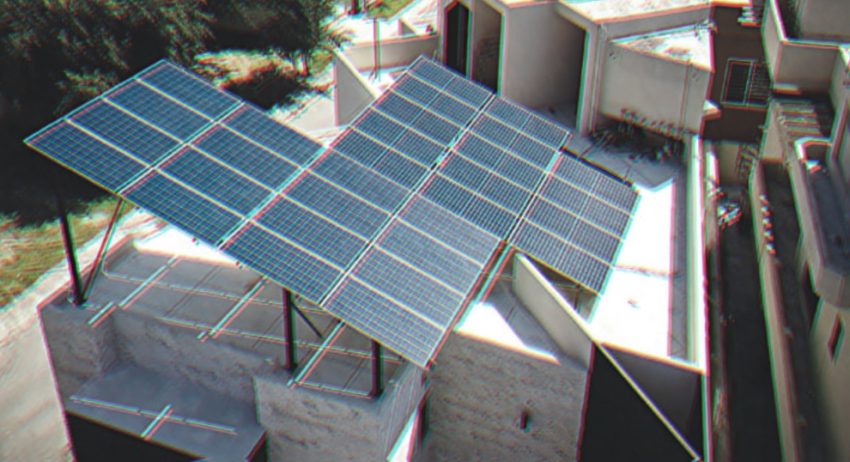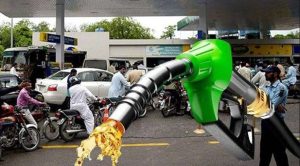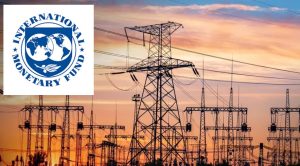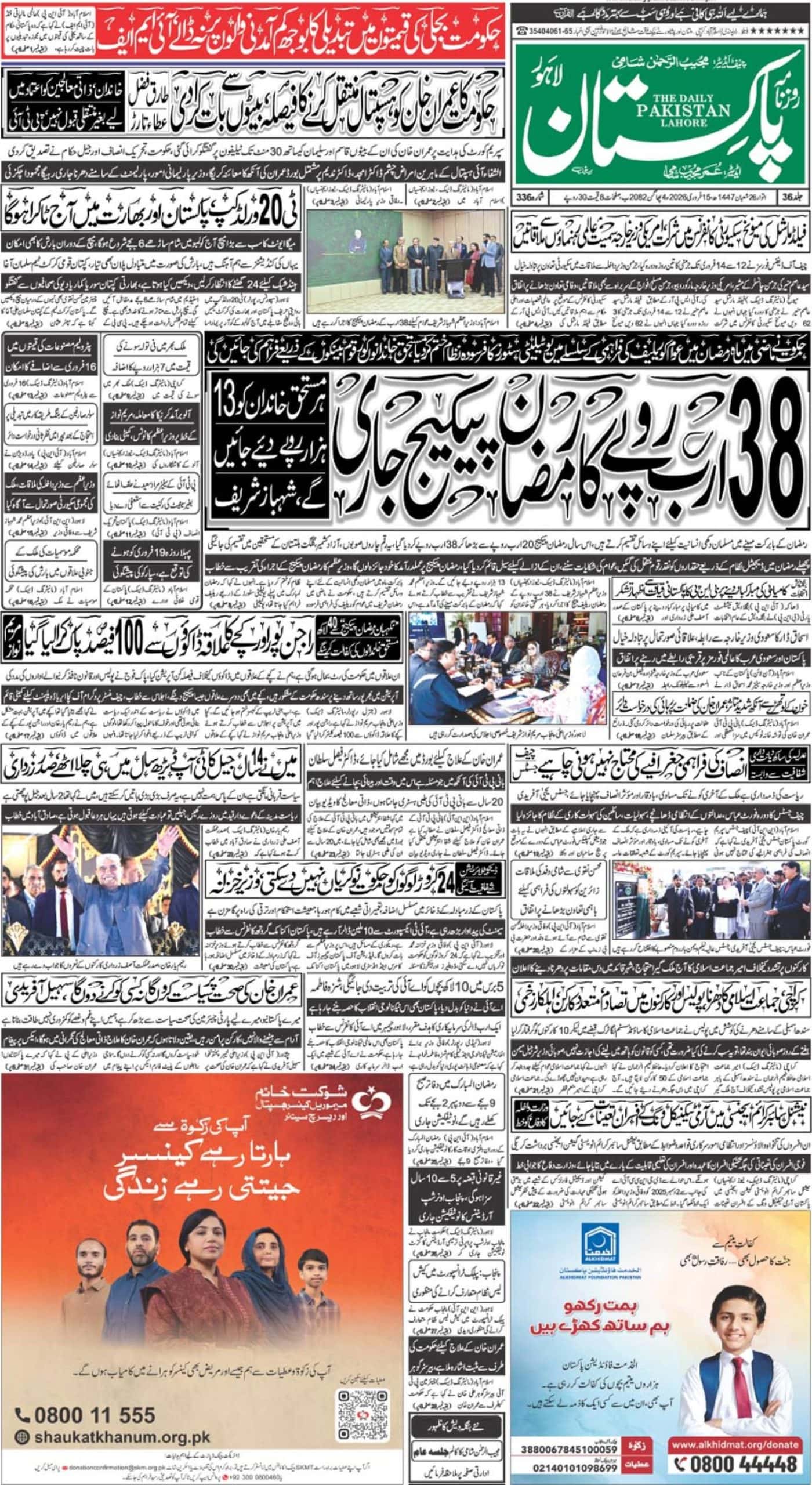ISLAMABAD – A financial burden of billions of rupees on electricity consumers has pushed the government to revise the buyback tariff for solar rooftops.
Reports said the government may replace the net-metering mechanism with gross-metering system to get the things fixed.
In 2024, net metering put a financial burden of Rs102 billion onto electricity consumers and it is likely to swell to Rs503bn in next 10 years.
Net metering users make only 0.6% of total electricity consumers, while the remaining 99.4% are bearing this brunt. Reports said approximately 80% of net metering users live in high-end of major cities. Despite this, the government has refrained from revising the net metering policy due to political reasons.
The wealthy consumers of net metering enjoyed the decline of power cost as it not only significantly reduced their monthly bills but also shifted their costs onto other consumers.
In 2021, there were 321 MW of solar net metering connections in the country. By 2024, this capacity surged to 3,277 MW and is projected to reach 12,377 MW by 2034.
Reports said 80% of net metering users live in cities such as Islamabad, Lahore, Gujranwala, Faisalabad, Karachi, Multan, Rawalpindi, Peshawar, and Sialkot. Of the total 37 million electricity consumers, there are 226,440 net metering users.
Experts said the government should play its role to protect consumers from additional financial burdens while continuing to support net metering as a viable option.














